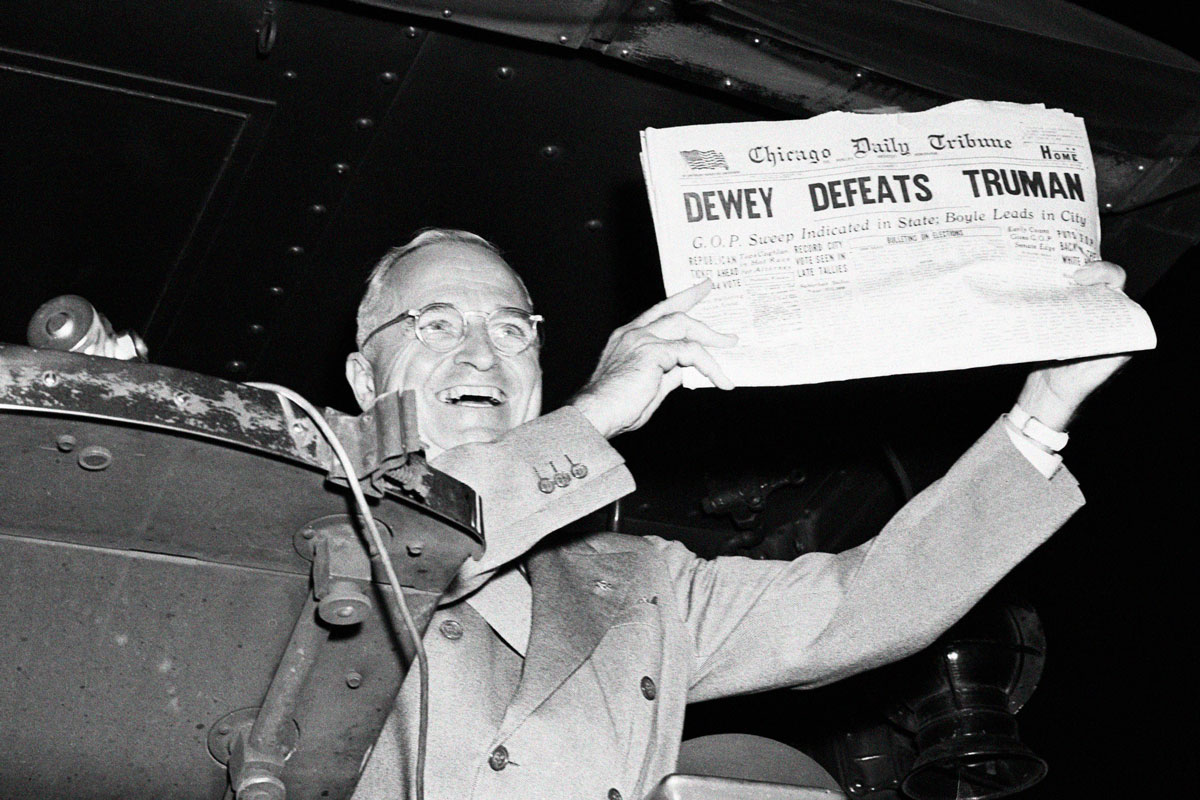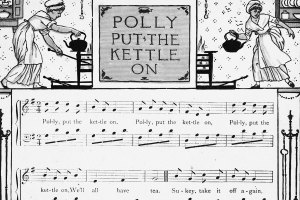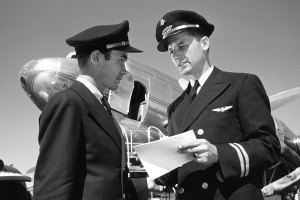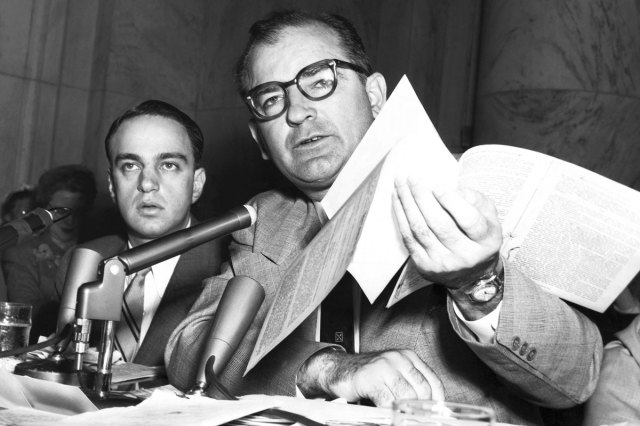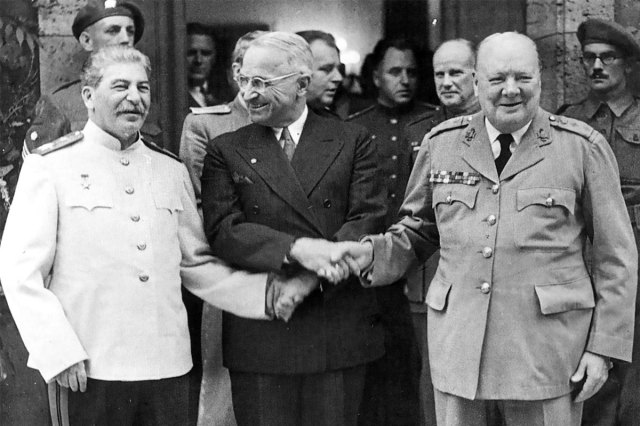What If Dewey Had Defeated Truman in 1948?
On the evening of November 2, 1948, America’s newsrooms confidently prepared for what seemed inevitable: Thomas E. Dewey’s victory over Harry S. Truman in the U.S. presidential election. Radio commentators and pollsters had spent weeks predicting the Republican governor’s triumph. The media’s certainty was so complete that some newspapers even went to press before final results were tallied, and on November 3, the Chicago Daily Tribune famously ran with the headline “DEWEY DEFEATS TRUMAN.” Yet, in one of the greatest upsets in American political history, Truman defied the odds, winning 303 electoral votes to Dewey’s 189.
The photograph of a grinning Truman holding up the erroneous Tribune headline became an iconic symbol of journalistic overconfidence. But what if the media had been right? How might things be different if Dewey had actually won the presidency in 1948?
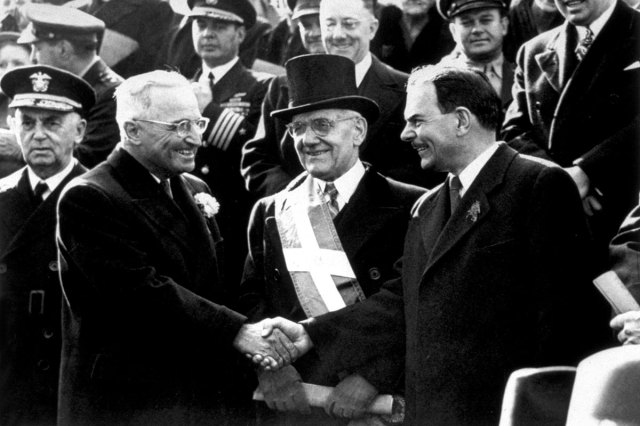
A Difference of Style
With Truman’s victory, the Democrats retained the White House and took control of the Senate and the House of Representatives. But if the pollsters had been correct and the Republican candidate had won, the most obvious and immediate difference in the White House may have been one of character.
In an interview with History Facts, historian A.J. Baime — author of The Accidental President: Harry S. Truman and the Four Months That Changed the World — pointed out how a Dewey presidency would have brought a fundamentally different personality to the White House. According to Baime, Truman was a comparatively down-to-earth, plain-speaking individual who drank bourbon, loved poker, and represented “the greatest manifestation of the common American man.” Dewey, on the other hand, had a stiffer demeanor and came across as more distant in public — a man, Baime said, who “drank gin and spoke in platitudes, in a deep baritone trained singing voice.”
Dewey played bridge and used his sharp, analytical mind to ponder issues of wider society rather than connect with the individual voter. While he was admired by many for his intelligence and integrity, he did not have Truman’s warmth — and this obvious difference of style, Baime said, “meant something to the American people and still means something to the American people.” It’s hard to say how these personality differences may have altered U.S. history, though. Dewey’s potentially more measured, deliberate approach to communication might have provided steadier leadership during times of crisis, but he may have lacked the populist appeal of Truman that resonated with ordinary Americans.





